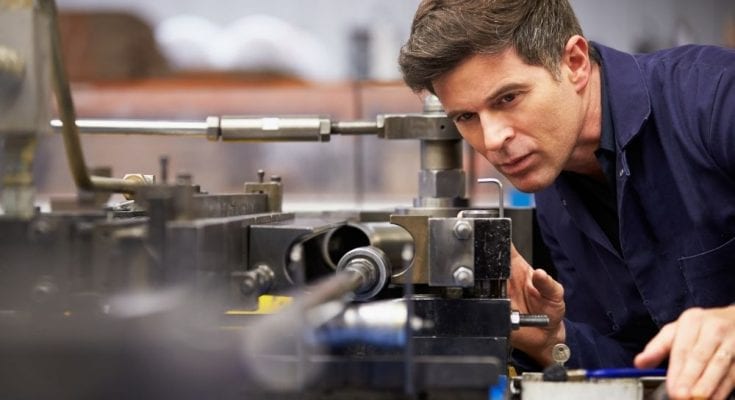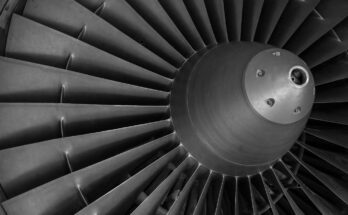Hydraulics is the branch of science that focuses on the practical applications of liquids in motion. It deals with matters like the flow of liquids in pipes, rivers, and channels and their confinement by dams and pipes in order to create energy and power. The entire science is based on Pascal’s Law, which states that pressure in a liquid is transmitted equally in all directions. For example, when liquid fills a closed container, the application of pressure at any point will be transmitted to all sides. These principles are on display in the braking systems of cars, tractors, and proportional valves. The history of hydraulics dates back to 1650 but became a true force for change in 1795.
Joseph Bramah Left the Farm
The history of hydraulics starts with a young man on a farm. Joseph Bramah was born outside London in 1748 to farmers, and farming was to be his future as well. However, an accident on the farm left him unable to work the fields. He was apprenticed to a cabinet maker as a teenager and proved to be quite skilled. When he moved to London, he spent his early years installing water cabinets, or toilets, and became interested in Pascal’s principles of hydraulic power. Bramah noticed that the water froze during winter, so he patented a flap that sealed the bottom of the bowl. Thus, his interest in hydraulics and engineering was born.
A Skilled Locksmith
Bramah was a lifelong learner and would attend lectures about engineering and building. He went to a lecture on the engineering aspects of locks and decided to open his own locksmith company, the Bramah Locks Company. He designed a lock so complex that he offered 200 guineas to anyone that could pick it. He never saw it picked in his lifetime, but it eventually was, 67 years later. It took the successful lock picker 51 hours to do it. His complex lock led to his most important invention, the hydraulic press.
The Start of the Revolution
The success of his lock making company made it necessary to manufacture parts faster than one person could. Bramah needed lots of tiny parts and needed them fast. In order to mass-produce the parts he needed, he used his knowledge of hydraulics and Pascal’s Law to invent and patent the hydraulic press. He and a blacksmith named Henry Maudslay created several machines that aided in the making of parts. They invented several machines that created parts, and their work helped create the machine tool industry that would usher in the Industrial Revolution.
FAQ
When did hydraulic power originate?
The history of hydraulics starts with a young man on a farm. Joseph Bramah was born outside London in 1748 to farmers, and farming was to be his future as well. However, an accident on the farm left him unable to work the fields. He was apprenticed to a cabinet maker as a teenager and proved to be quite skilled.
Additional Resources:
Tesla



